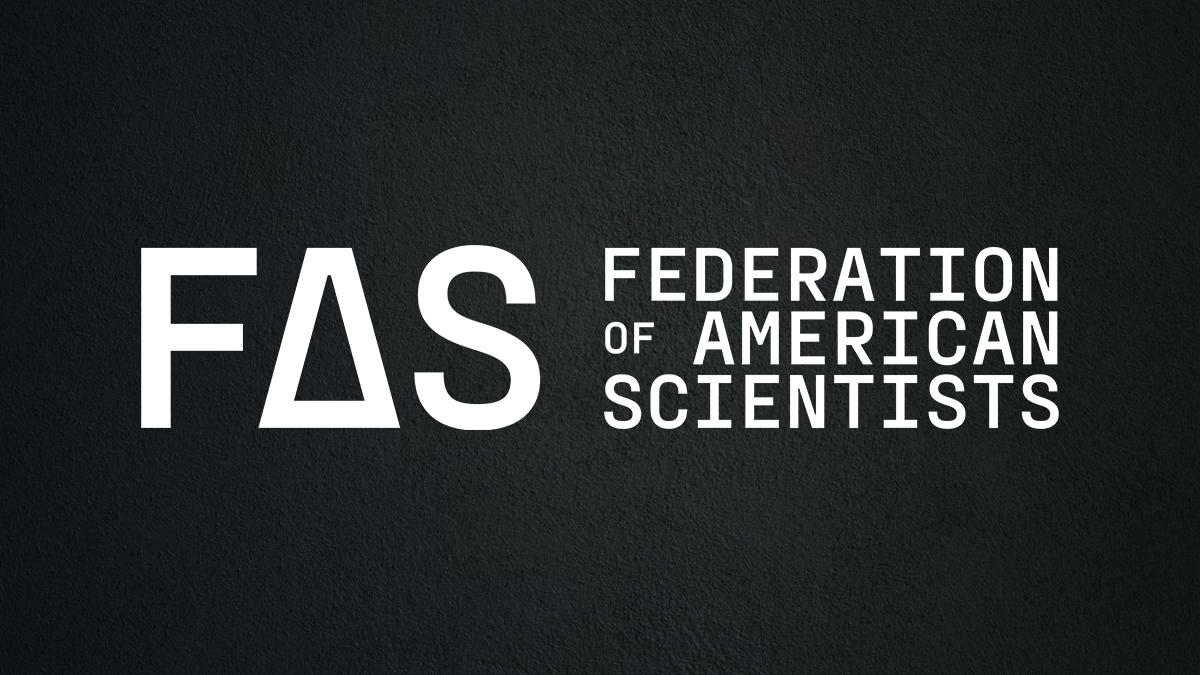
Federation of American Scientists Announces Food Supply Chain Impact Fellowship to Amplify Food System Policy Priorities
Fellows will focus on the development and implementation of innovative approaches to improve competition in the nation’s food supply chain
Washington, D.C. – The Federation of American Scientists (FAS) today announced a call for applications to the Food Supply Chain Impact Fellowship, designed to improve the nation’s small- and mid-size food businesses. The FAS Impact Fellowship program provides a pathway for diverse food systems and supply chain experts to participate in an impactful, short-term “tour of service” in the federal government.
The Food Supply Chain Impact Fellowship is a new fellowship opportunity administered by the FAS Talent Hub. FAS will place two cohorts of fellows at USDA to work on critical food supply chain issues. Fellows will develop and implement plans to support the Regional Rood Business Centers, the Resilient Food Systems Infrastructure program, and other food system transformation priorities.
At FAS fellows will participate in deep-dives into executive and legislative systems and unique USDA-specific sessions led by food system experts. Fellows will also receive training on how to lead change as a partner with the Federal government that includes an introduction of government programs and innovative practices.
Impact Fellows help ensure that on-the-ground skills and experience are inextricably linked with policymaking as our nation confronts unprecedented challenges and pursues ambitious opportunities.
Interested parties are encouraged to apply at https://fas.org/talent-hub/fscfi/
ABOUT FAS
The Federation of American Scientists (FAS) works to advance progress on a broad suite of contemporary issues where science, technology, and innovation policy can deliver dramatic progress, and seeks to ensure that scientific and technical expertise have a seat at the policymaking table. Established in 1946 by scientists in response to the atomic bomb, FAS continues to work on behalf of a safer, more equitable, and more peaceful world. More information at fas.org.
###
This rule gives agencies significantly more authority over certain career policy roles. Whether that authority improves accountability or creates new risks depends almost entirely on how agencies interrupt and apply it.
Our environmental system was built for 1970s-era pollution control, but today it needs stable, integrated, multi-level governance that can make tradeoffs, share and use evidence, and deliver infrastructure while demonstrating that improved trust and participation are essential to future progress.
Durable and legitimate climate action requires a government capable of clearly weighting, explaining, and managing cost tradeoffs to the widest away of audiences, which in turn requires strong technocratic competency.
FAS is launching the Center for Regulatory Ingenuity (CRI) to build a new, transpartisan vision of government that works – that has the capacity to achieve ambitious goals while adeptly responding to people’s basic needs.